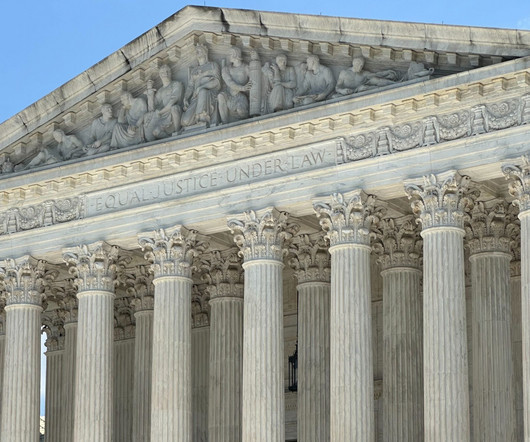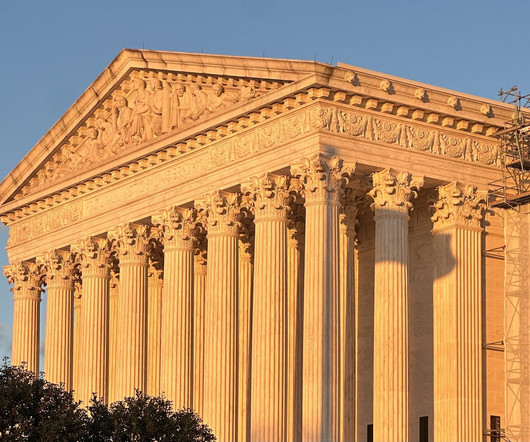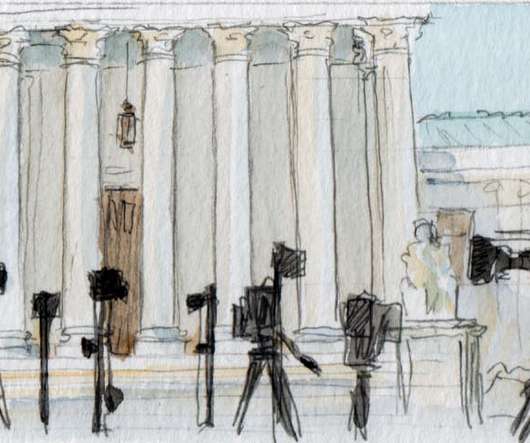Justices limit major SEC tool to penalize fraud
SCOTUSBlog
JUNE 28, 2024
After all, like most administrative claims, it rests on a federal statute, not the common law, and it requires the agency to establish facts that do not match any cause of action known to the common law in 1791 (when the states ratified the Seventh Amendment).














Let's personalize your content